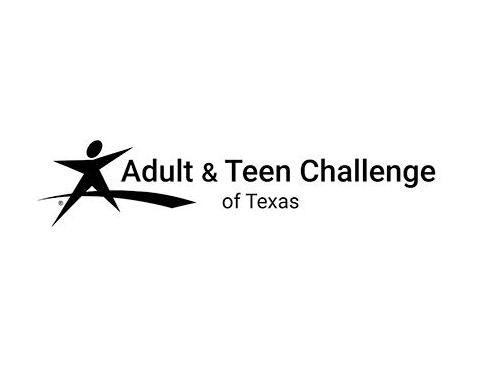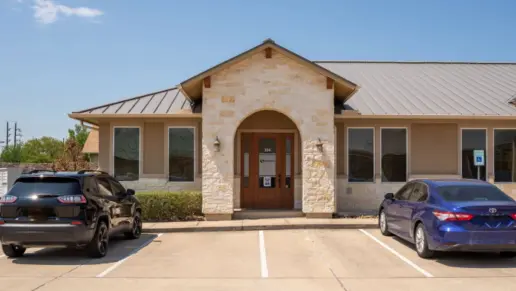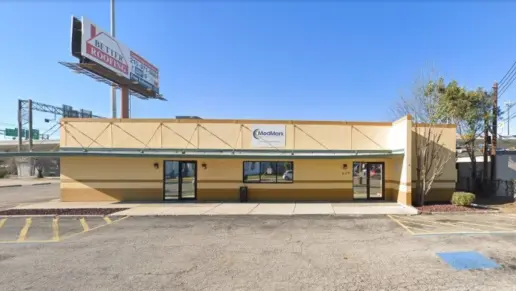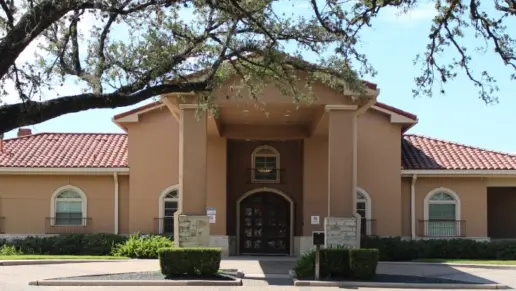About East Texas Men’s Rehab
East Texas Men’s Rehab of Adult & Teen Challenge of Texas was established in 2013 as the Texas Dream Center and joined forces with Adult and Teen Challenge of Texas for continued growth and effective ministry. The drug and alcohol addiction treatment center for adult men is located just outside of beautiful Paris, Texas, in Deport. Most of the staff leadership are themselves graduates of the program.
Men receive room and board, group and individual biblical counseling, parenting classes, spiritual support, relapse prevention, anger management, drug and alcohol education, and social/recreational activities as well as vocational rehabilitation and sober living for program graduates.
Our dream is to put hope within reach of every addict or at-risk youth by offering life transformation through our caring, Christ-centered programs.
Through our proven solutions for life-controlling addictions, our hope is that every Adult & Teen Challenge student will become a productive member of society. Mentally sound. Emotionally balanced. Physically well. Spiritually alive.
East Texas Men’s Rehab, part of Adult & Teen Challenge of Texas, is a faith-based solution for the drug epidemic. The scope of Adult & Teen Challenge has grown over the years, and now serves adults as well as teenagers. There are just under 200 Adult & Teen Challenge campuses in the United States, and over 1000 centers worldwide in close to 90 countries, which provide Christian recovery services to individuals of every age and social background. Typically, these services are long-term residential recovery centers that provide a life-encompassing environment through which the participant is able to change their lifestyle and develop a plan for a future free from addiction. Another core tenet of Adult & Teen Challenge is drug abuse prevention, which educates young adults on the dangers and reality of drug abuse in our society.
Rehab Score
Gallery
Location
Addiction Treatments
Levels of Care
Treatments
A combined mental health and substance abuse rehab has the staff and resources available to handle individuals with both mental health and substance abuse issues. It can be challenging to determine where a specific symptom stems from (a mental health issue or an issue related to substance abuse), so mental health and substance abuse professionals are helpful in detangling symptoms and keeping treatment on track.
Programs

Clinical Services
Research clearly demonstrates that recovery is far more successful and sustainable when loved ones like family members participate in rehab and substance abuse treatment. Genetic factors may be at play when it comes to drug and alcohol addiction, as well as mental health issues. Family dynamics often play a critical role in addiction triggers, and if properly educated, family members can be a strong source of support when it comes to rehabilitation.
Group therapy is any therapeutic work that happens in a group (not one-on-one). There are a number of different group therapy modalities, including support groups, experiential therapy, psycho-education, and more. Group therapy involves treatment as well as processing interaction between group members.
In individual therapy, a patient meets one-on-one with a trained psychologist or counselor. Therapy is a pivotal part of effective substance abuse treatment, as it often covers root causes of addiction, including challenges faced by the patient in their social, family, and work/school life.
Life skills trainings involve all the skills a person must have in order to function successfully in the world. These include time management, career guidance, money management, and effective communication. Truly successful addiction recovery is based on the ability to not only live substance-free, but to thrive. Life skills teaches the practical necessities of functioning in society, which sets clients up for success in life, and therefore sobriety.
Staff

President and Chief Executive Officer
Contact Information
126 State Highway 271
Deport, TX 75435



